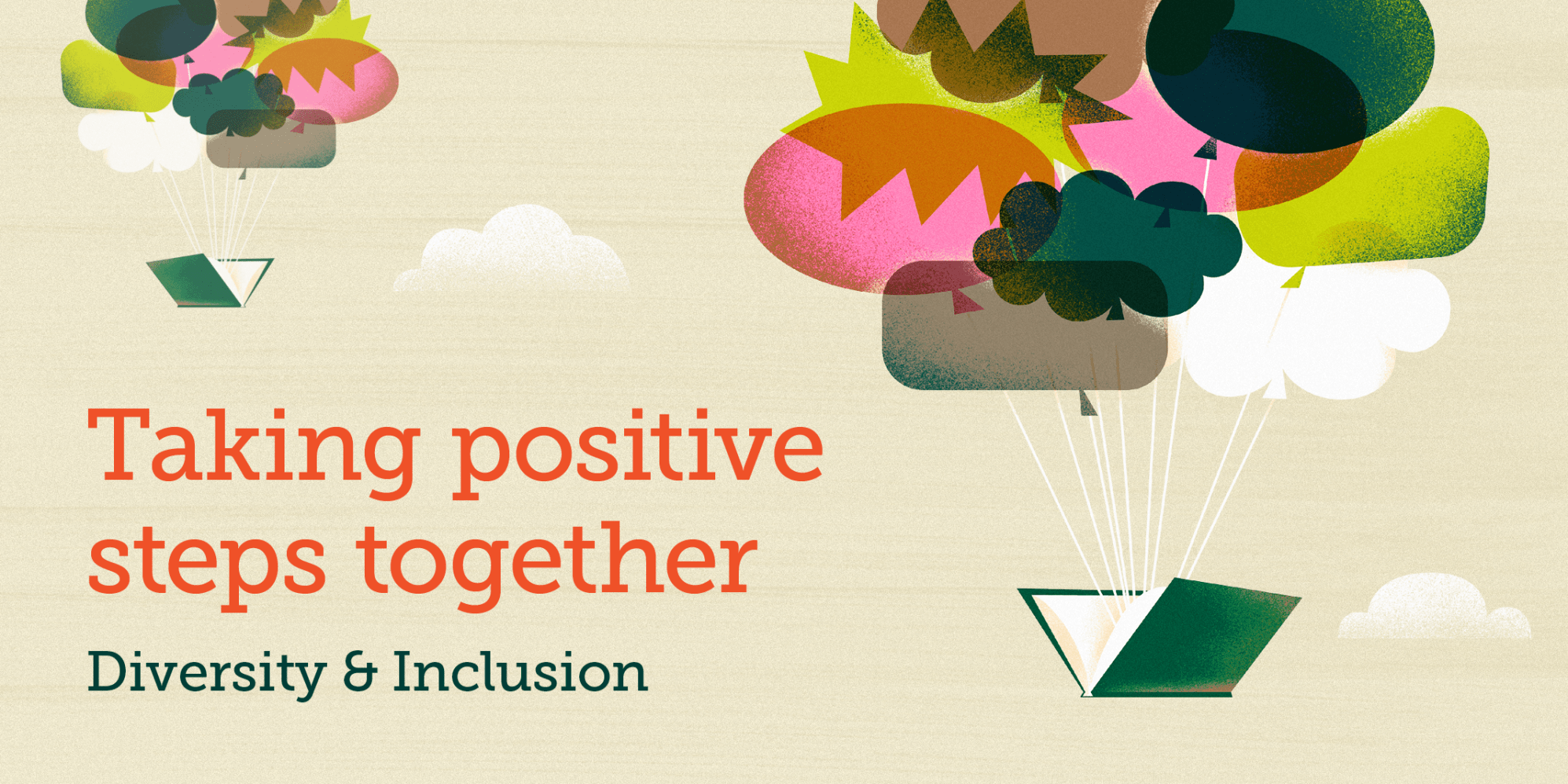
The Oxford Children’s Language Team reflect on the Government’s white paper for schools, highlighting the importance of vocabulary.
Read more
The Oxford Children’s Language Team reflect on the Government’s white paper for schools, highlighting the importance of vocabulary.
Read more
Recently, I’ve been playing around with and using a lot of Oxford University Press Shakespeare materials and resources, which are proving to be excellent. In particular, I’ve been experimenting with their ‘Macbeth GCSE Revision Workbook’ by Graham Elsdon, which is part of the Oxford School Shakespeare series. I’ve been using this in the more traditional […]
Read more
A perennial issue for English teachers is how best to prepare students for English Language. This is for good reason. Without a specific body of knowledge to teach, such as a literary text, it can all too easily descend into vague discussions orbiting around examination papers. In my own teaching, in order to address this, […]
Read more
As the winter months start to recede, the education community is faced with the reality that so far this year, teaching and learning continues to be dominated, in a wide variety of ways, by Covid. The prevalence of the Omicron variant has resulted in a high incidence of teacher and student absences and many learners […]
Read more
Disciplinary Literacy has been identified by the EEF as the number one strategy for improving the literacy of students within secondary schools. It is a term which encompasses the unique ways students must be able to read, write and speak in each individual subject area. This article sets out ways in which you can employ […]
Read more
By Jemma Baker, Royal Holloway, University of London New faces. New subjects. New opportunities. Transitioning from primary to secondary school is a big deal for 11-year-olds. For some, it may prove nerve-wracking; for others, exciting. Not only does this transition come with the challenge of adjusting to a new school environment, but also with the […]
Read more
Christopher Edge talks about the benefits of working in a team that brings together a range of diverse voices and perspectives to help inspire the next generation to build a better world.
Read more
The vocabulary gap is perhaps more difficult to spot at Key Stage 3 than it is in the earlier years. By this stage, students will have 7 years of schooling under their belt, yet, when questioned directly, will struggle to define words they should be very familiar with by now. Exacerbated by Covid interruptions, teachers are faced […]
Read more
Literacy is essential at all ages and stages of development. Working in a forward-thinking school, we are aiming to put literacy at the heart of the curriculum as it is the scaffold underpinning learning and understanding in all subjects. However, after a grilling from year 10, I found that teaching etymology wasn’t necessarily having the […]
Read more
Keep the bigger picture in view The image of the Reading Rope is a powerful one. As a primary school teacher for 20 years, I worked to twist together the fibres to build and strengthen the rope with the aim of sending pupils to secondary school fully able to access the curriculum. Now, working at […]
Read more